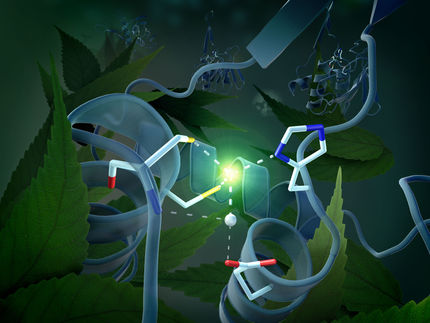Acambis enters flu vaccine arena with launch of flu vaccine development programme
New influenza vaccine candidate potentially offers permanent protection by overcoming mutations in influenza strains
Advertisement
Acambis plc has commenced development of a potentially breakthrough new influenza vaccine that could offer permanent protection against influenza and may also offer protection against influenza pandemics. Influenza vaccines are currently administered annually. Acambis has entered into a research collaboration and licensing agreement with the Flanders Interuniversity Institute for biotechnology ("VIB"), a Belgian research institute. Acambis and VIB will work together to develop a vaccine against both A and B strains of influenza, using Acambis' influenza A vaccine candidate that it acquired from Apovia earlier in the year and additional technology licensed from VIB.
Apovia is a US biotechnology company and started development of the influenza A vaccine candidate in 2000, having originally licensed the technology from VIB. Walter Fiers, emeritus professor of Molecular Biology at the University of Ghent, is an inventor of the patent rights licensed from VIB. The aim of the research collaboration would be to generate a 'universal' vaccine candidate that would protect against both A and B strains of influenza and, more importantly, would not require annual changes to the formulation. This contrasts with current influenza vaccines that need to be changed, generally each year, to cope with genetic drift, mutations that occur in influenza strains circulating in nature, as well as major genetic shifts that can result in influenza pandemics. The need to change vaccine formulations each year results in delays in initiating vaccine coverage.
A major component of the new candidates will be M2e, the extracellular domain of the ion channel protein M2, which is specific to influenza A. Being highly conserved, M2e is intended to elicit protective immune responses against all strains of influenza A. M2e is incorporated in a unique carrier system that forms highly immunogenic virus-like particles.
The initial vaccine candidate against influenza A is currently in pre-clinical development. It is manufactured using recombinant bacterial fermentation technology, which aims to provide time and cost efficiencies compared with traditional egg-based production methods.
Other news from the department science

Get the life science industry in your inbox
By submitting this form you agree that LUMITOS AG will send you the newsletter(s) selected above by email. Your data will not be passed on to third parties. Your data will be stored and processed in accordance with our data protection regulations. LUMITOS may contact you by email for the purpose of advertising or market and opinion surveys. You can revoke your consent at any time without giving reasons to LUMITOS AG, Ernst-Augustin-Str. 2, 12489 Berlin, Germany or by e-mail at revoke@lumitos.com with effect for the future. In addition, each email contains a link to unsubscribe from the corresponding newsletter.


























































